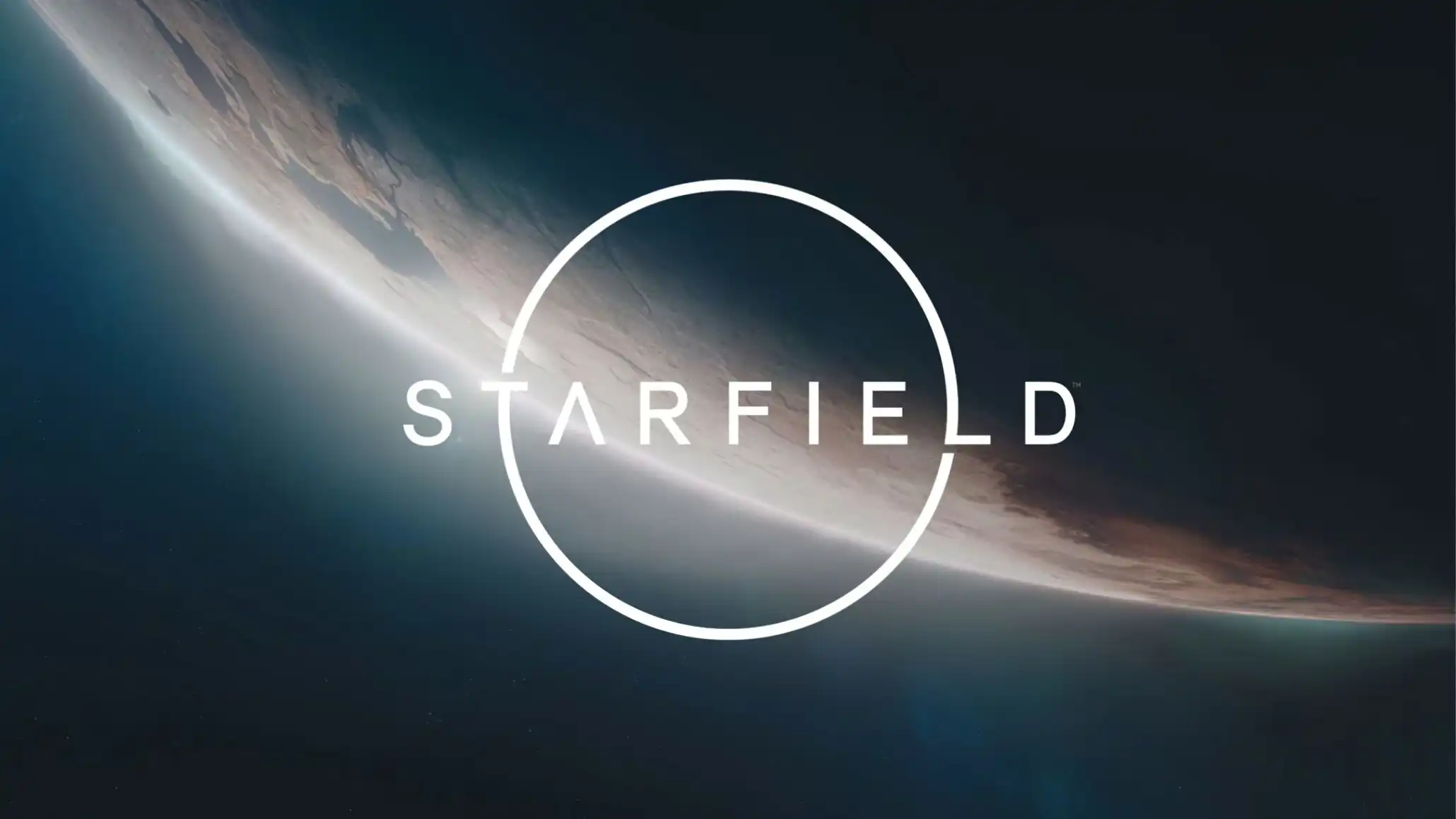Starfield is a game that promises its players an expansive universe to explore. The game positions itself as a modern-day RPG, offering seemingly endless possibilities and adventures. However, despite its intriguing concept and vast universe, Starfield has found itself on the receiving end of numerous complaints from its player base.
Players' main criticisms focus on a perceived lack of depth in the game's narrative and mechanics. Specifically, they take issue with the absence of consequential decision-making in the gameplay, a crucial element in many RPGs.
For many RPG fans, the impact of their decisions on the storyline and characters in the game is an essential component of an engaging gaming experience. It amplifies a player's emotional investment in the game, creating a compelling narrative that unfolds based on their choices.

However, according to user feedback, Starfield falls short in providing this. Players highlight the lack of meaningful consequences for their actions in the game, leading to a sense of disillusionment and disengagement from the game’s narrative.
Since the game's release, the Starfield community has been voicing these criticisms widely. Many have begun to depict the game as lifeless and dull due to its lack of consequential mechanics, criticizing the developers for not addressing such a significant element.
The criticism does not end there. In addition to the lack of consequences, players also raise other issues contributing to their growing dissatisfaction with Starfield.
The disappointment lies in the potential the game has shown, only to be seen as unfulfilled by many. Many players have described Starfield as generic and sanitized despite its initially remarkable premise.
Beyond criticism, players also share examples of their frustrations. Some highlight instances where their actions had no visible impact on the game's world or on other characters, contrary to what one might expect in a typical RPG.
While some gamers claim that they are yet to see any significant changes in the game world upon completing missions, others complain that their notable actions remained unnoticed and unacknowledged by other characters or the game’s variables.
Among many games in the RPG genre, Starfield's lack of specific game mechanics and indecisive narrative progression appear to be particularly surprising and frustrating for its player community.
These frustrations aren’t limited to the game’s narrative or decision-making mechanics. Players also express dissatisfaction with how the game handles some of its visual elements, notably, non-playing characters (NPCs).
Players share that NPCs in Starfield seem to remain in the same place, lacking a cycle of chores, or any significant sequence of actions. This absence of NPC dynamics is another contributing factor to the game world's perceived lifelessness.
To the community, Starfield's seemingly unresponsive game world, paired with its lack of consequential mechanics, makes for a dull playing experience. And while there are players who continue to enjoy the game, many express their disappointment freely and hope for improvements.
All these criticisms and suggestions from players underscore the crucial role of community feedback in game development and post-launch updates. The strength of player opinions and their willingness to voice them indicate an impassioned player base, which can be a valuable resource for developers.
Although receiving criticism, particularly such widespread and consistent criticism, is never a comfortable experience for any game developer, it opens avenues for change and growth. The insights garnered from these conversations can inform game improvements, fixes, and future projects.
As such, the ball is now in Bethesda's court. The anticipation of how, or even if, the developers will address these criticisms adds another layer of intricate dynamics to the ongoing conversation about Starfield.
The discussion surrounding Starfield's current state is indicative of passionate players invested in the game. Whether Bethesda will leverage this passion in enhancing Starfield remains to be seen. But one thing is certain – the players are watching and waiting.